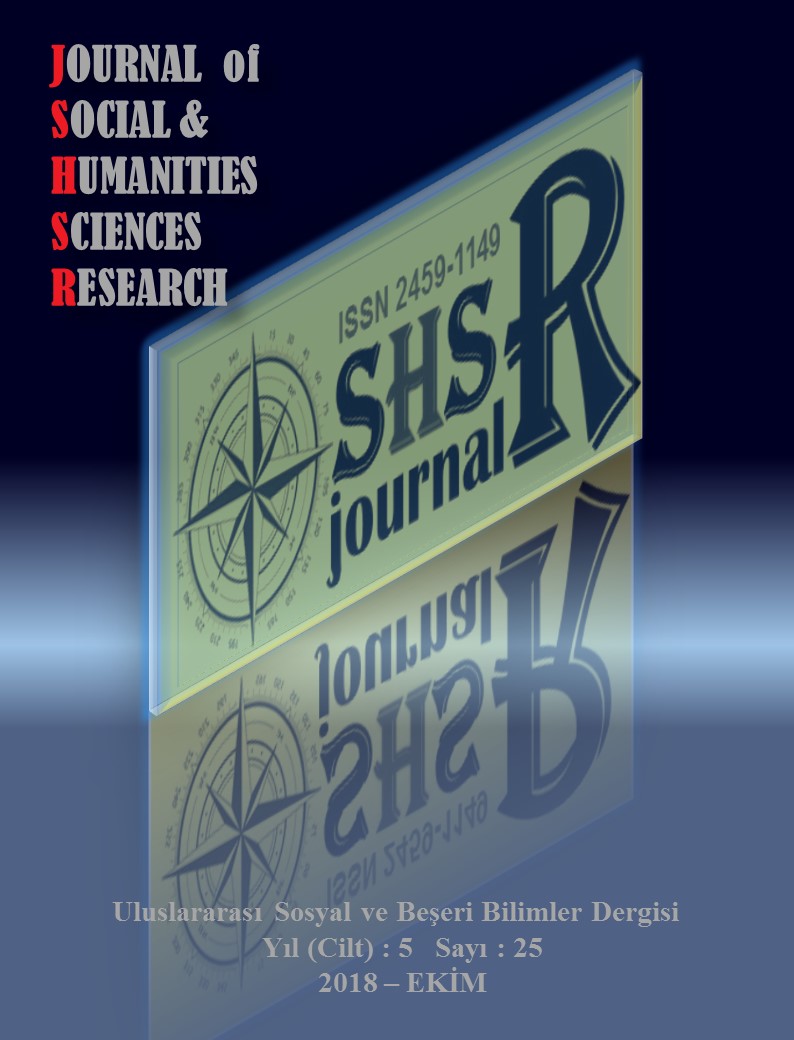PSYCHOLOGICAL CAPITAL AND WHISTLE-BLOWING AT SCHOOLS: A RELATIONAL SCREENING RESEARCH
DOI:
https://doi.org/10.26450/jshsr.581Keywords:
Whistleblowing, organization, psychological capital, teacher, school principalAbstract
Striving to understand causes underlying human behaviours has been an on-going search from the past to nowadays. Researches show that the happier people are, the more successful they are. A happy individual is someone who has a positive psychology. Realization of organizational goals depends on the performance of the Employer in a sense. Thus, for the survival and development of organizations the importance of human capital, in other words psychological capital, is gaining importance day by day. In addition to this, another way to enhance the efficiency is the elimination of unfavourable and unethical behaviours at workplace. One of the most efficient ways of providing this is whistle-blowing defined as disclosure of such behaviours by employees as soon as observed (Whistleblowing).Therefore, this study seeks to determine what type of relationship there is between positive psychological capital (PPC) and whistle-blowing (WB) and to what extent it can be explained. Descriptive relational screening model was used within this study. The working group of the study is comprised of state primary, secondary and high school teachers and principals in the city centre of Batman province. According to the results of the study, it was determined that there was a significant, positive and low-level relationship between WB and optimism, self-efficacy and extroversion sub dimensions of PPC. As a result of the regression analysis made, it was observed that the PPC sub dimensions that affected WB most were hope and extroversion sub dimensions.
Downloads
Published
How to Cite
Issue
Section
License
Copyright (c) 2018 INTERNATIONAL JOURNAL OF SOCIAL HUMANITIES SCIENCES RESEARCH

This work is licensed under a Creative Commons Attribution 4.0 International License.


